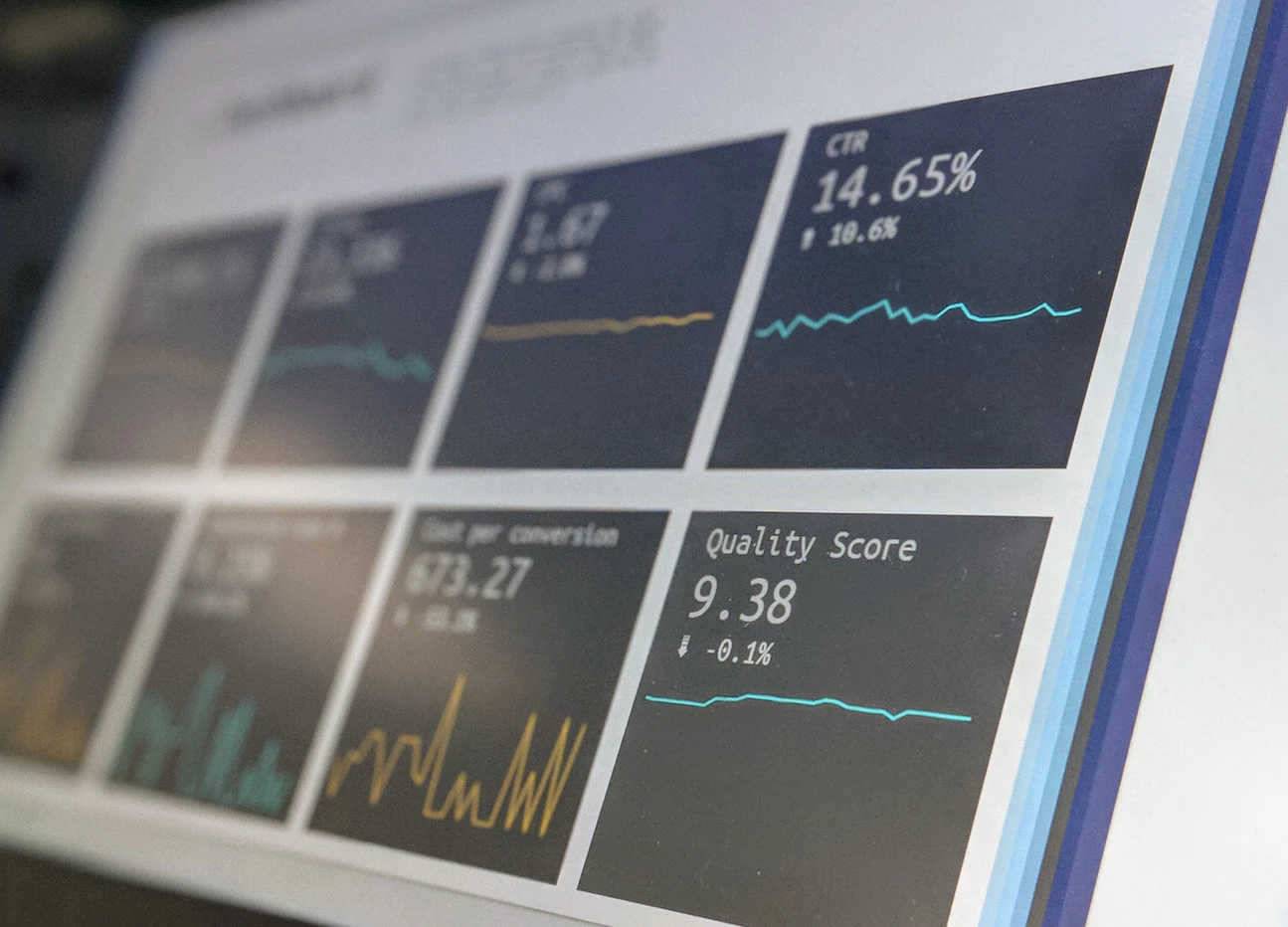By Bond Collective Staff
It’s an unfortunate fact of the times in which we live that most new businesses fail in less than two years. Only companies with a laser focus survive. How can you achieve that laser focus? Through market research for startups.
Market research helps you plan for the future of your business. And when you have a plan, it’s much easier to gain insight into the entrepreneurial process and jump-start your nascent business, which leads to success.
In this article, we’ll tell you — the intrepid entrepreneur — everything you need to know about market research for startups.
What Is Market Research For Startups?
Market research is the process of gathering and analyzing data to provide insight into how your potential customers will react to your product or service.
It’s critical that you don’t confuse market research with “marketing research.” The former deals with markets — the demand for a particular commodity or service — while the latter deals with marketing — the appearance, presentation, and advertising of your business.
It’s also essential to understand the four types of market research for startups and what they mean for your particular company.
Primary Research
Primary market research is that which you conduct yourself or hire a third party to perform. This is in contrast to the last type of information on this list — secondary research — that you derive from someone else’s efforts.
Primary research answers the big questions, such as:
-
Who are my customers?
-
How can I reach them?
-
What products do they need?
-
What influences their buying decisions?
-
What would they pay for my product?
-
Who are my competitors?
-
How do they operate?
-
What are their strengths and weaknesses?
Running this type of primary research for your startup will help you get an intimate picture of the niche in which you are competing.
Quantitative Research
Quantitative market research is the process of collecting numerical data that you can then use in a statistical analysis. The results of such a statistical analysis give you a more accurate picture of the trends and pressures that affect your industry.
Qualitative Research
Qualitative market research is the process of collecting information about your target market’s reason for action (buying habits), their opinions, their wants, and their needs. Ultimately, it helps you understand why they purchase a particular product or service.
Secondary Research
Secondary market research for startups involves using pre-existing reports, studies, information, and data to gain valuable understanding about questions that you cannot address through primary research.
Though secondary research is not necessarily targeted to your specific industry, it can give you a general idea of how the markets for your startup affect your bottom line.
Good sources of secondary research include:
-
Media
-
Labor unions
-
Government agencies
-
Industry associations
-
Trade organizations
-
Chambers of commerce
You can even use primary research done by a third-party firm for another business as a type of secondary research for your startup.
Why Do Startups Need Market Research?
Compiling and examining market research is like using a road map to get from one destination to another on a long car trip. The map shows you which direction to travel, what roads to use, and how long the journey will take.
Without the road map — the market research for your business — it’s all too easy to get turned around, lost in the wilderness, and heading in the wrong direction.
For a car trip, that might not be a catastrophic mistake. But for a new business startup, it can mean the difference between success and failure.
When Should You Initiate Market Research?
Though market research can be conducted at any time, for startups, it’s imperative to gather quantitative information in the early stages of your business. Doing so will give you hard data that can help you highlight target-market interest and attract investors and startup funding.
Once your business is up and running, you can go back and initiate another round of primary or quantitative research.
At that point in the life of your startup, it’s also useful to begin gathering qualitative information that will help you understand your customers’ unbiased reactions to — and opinions about — your product or service.
How Should You Conduct Market Research?
1) Begin With Primary Research
A “SWOT” analysis is a good way to start your primary market research for startups.
SWOT stands for:
-
Strengths
-
Weaknesses
-
Opportunities
-
Threats
The internet is a great place to conduct primary research. Google, Quora, Reddit, and many others are powerful tools that can reveal a wealth of information about your niche market.
Armed with your SWOT analysis and the internet, you can identify the competitors in your space, how they’re doing, what they’re doing differently, and where you have a competitive advantage.
2) Gather Quantitative Data
Quantitative market research is best done through standardized questions so you can compare and contrast trends in the data more easily.
You can distribute these standardized questions in many different ways, including:
-
Email
-
Mail
-
Face-to-face
-
On your website
-
Social media
-
Telephone
When you do conduct quantitative research, you can improve your response rate by:
-
Keeping it short and simple
-
Making your “survey” easy to read
-
Ensuring your response scales are logical
-
Offering an incentive for completing the survey
-
Moving from general questions to specific questions
Whatever method you choose for gathering quantitative data, be patient and allow plenty of time for the information to get back to you.
3) Collect Qualitative Data
The best way to collect qualitative data is to organize a focus group, an in-depth interview, or an observation.
A focus group is useful for brainstorming and obtaining information on product ideas, preferences, and purchasing for a specific subset of the population.
An in-depth interview is good for encouraging participants to address topics of interest to your business with minimal questioning.
An observation involves watching a live or recorded interaction between a member of your target market and your product.
Each of these methods of data collection has its advantages and drawbacks. If possible, you might consider conducting all three to gain the most benefits.
4) Examine Secondary Sources
Whether you’re finished with your primary, quantitative, and qualitative research or not, you can always begin examining secondary sources right away.
Check public sources, such as government agencies, universities, and libraries. Very often, you can access this information for free or at a reduced cost.
You can also make use of commercial sources, like trade associations, financial institutions, and even local newspapers, magazines, and other media outlets. You may have to pay a bit more for this information, but the expense can be well worth it for the insight this data provides.
Where Is The Best Place To Conduct Market Research?
We’ve discussed the what, why, when, and how of market research for startups. Now it’s time to discuss the where.
In theory, you could conduct research anywhere — in your living room or at the local cafe, for example. You could even secure your own dedicated, leased space. But you’d be missing out on a huge piece of the equation (not to mention hemorrhaging valuable capital if you opted for the latter option).
Instead, make the best choice for your fledgling business and conduct your market research from a coworking space like Bond Collective.
Securing startup office space at any one of Bond Collective’s many locations across the country is incredibly affordable when compared to purchasing your own leased space. It also provides a comfortable, professional work environment for all your market research and business activities.
You can even enhance your data-gathering efforts by including other entrepreneurs, digital nomads, and solopreneurs in your primary, quantitative, qualitative, and secondary market research.
Plus, Bond Collective offers amenities that you can’t find anywhere else in the industry, such as:
-
Lightning-fast internet
-
24-hour access
-
Custom build-outs
-
Private label mail service
-
Daily on-site cleaning
-
Bike storage
-
Concession food market
-
Guest reception and greeting
-
And so much more…
With all those benefits, it’s easy to see how Bond Collective’s coworking spaces are the best place to conduct and gather market research for startups.
Visit any one of Bond Collective’s many locations in the United States, including:
-
Flatiron, New York
-
Gowanus, New York
-
Bushwick, New York
-
Greenpoint, New York
-
60 Broad, New York
-
55 Broadway, New York
-
SoHo, New York (Spring 2020)
-
Center City, Philadelphia
-
H Street, Washington D.C. (Winter 2020)
-
Fulton Market, Chicago (Winter 2019)
-
West Loop, Chicago (Winter 2019)
-
East Nashville, Tennessee (Fall 2020)
-
Houston, Texas (Winter 2020)
-
East Austin, Texas (Fall 2019)
Or call us today to find out more about everything we have to offer. And while you’re at it, schedule a tour to experience first-hand how the boutique work environments at Bond Collective can benefit your business.







